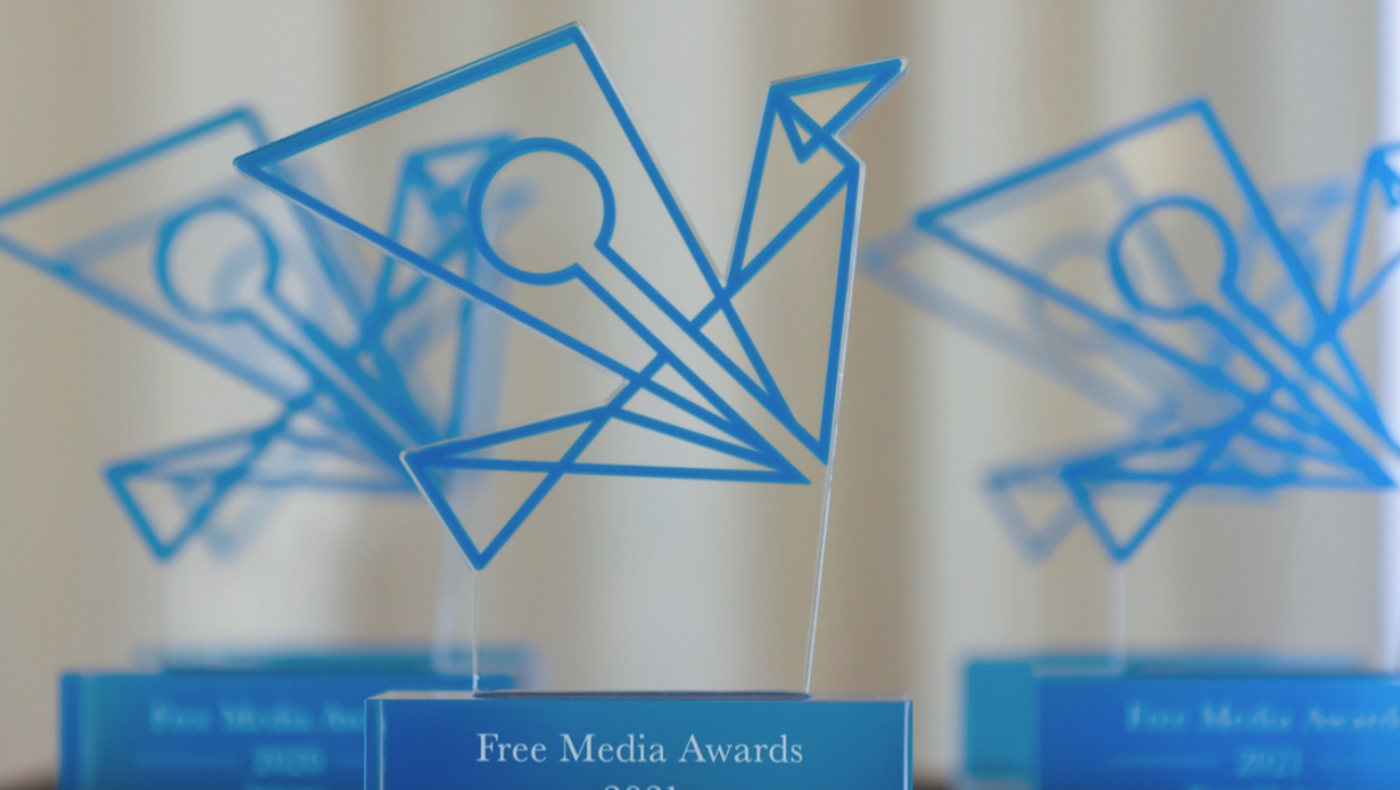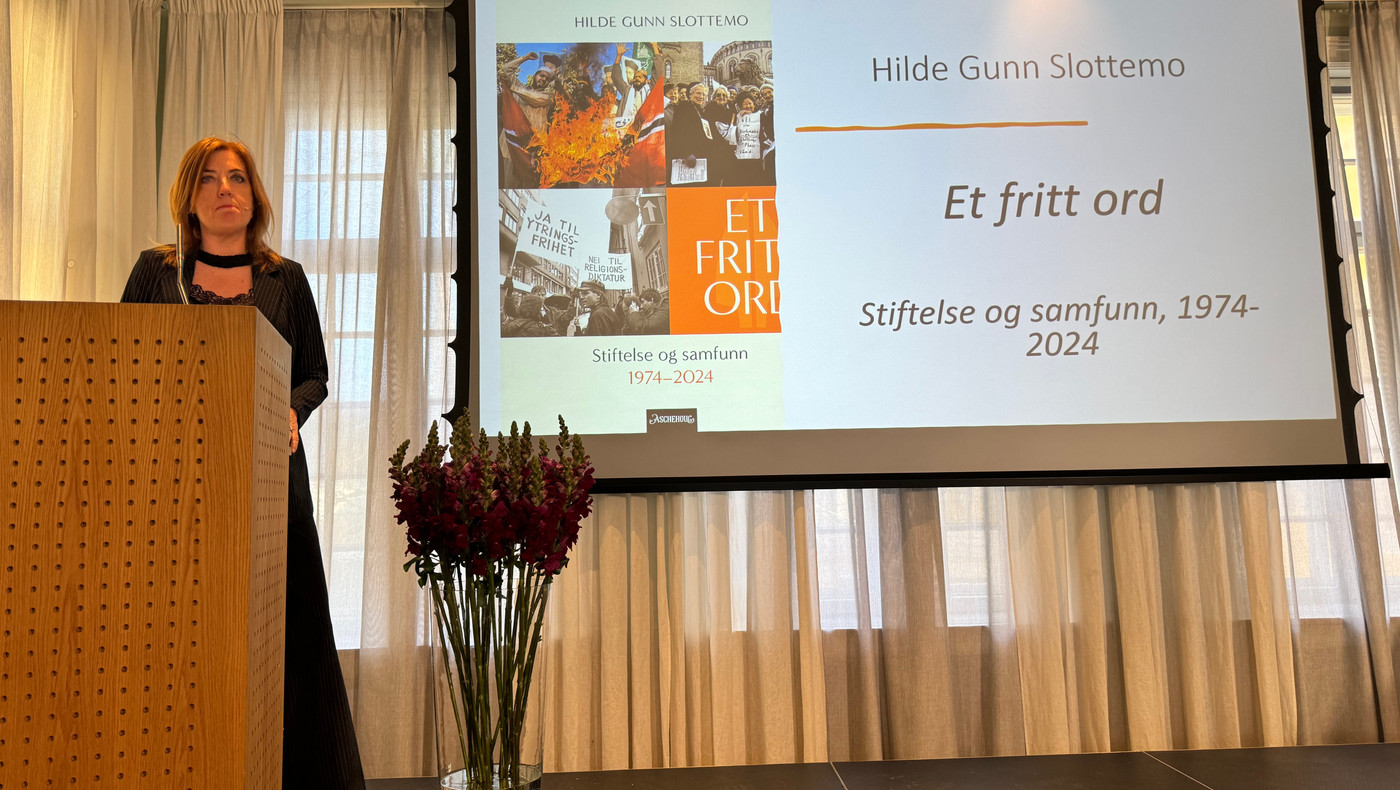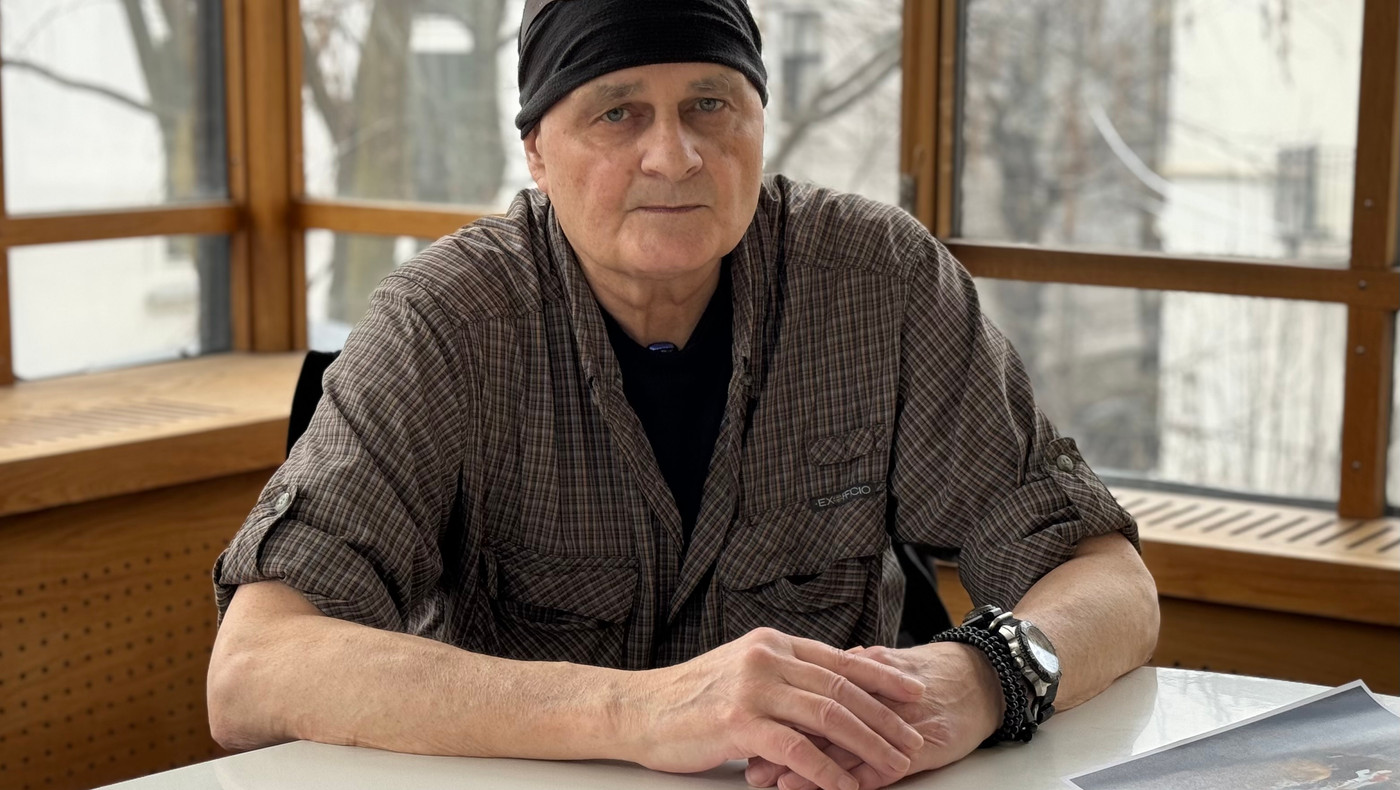What kind of future do we want?
The Norwegian Polytechnic Society and the Fritt Ord Foundation invite the public to two open meetings about nanotechnology at the House of Literature in Oslo. The meetings will be held on two Tuesdays, 6 and 20 October 2015, from 7 to 9 p.m. Please register at www.polyteknisk.no.
Tuesday, 6 October, 7 to 9 p.m.
Why the future does not need us
Nanotechnology makes possible an intelligence explosion which, for better or for worse, may change our lives and the world in which we live. We are not talking about the distant future. The Internet company Google is currently engaged in talks with the world’s leading car-makers about putting self-driving cars on the market by 2020. IBM’s Watson technology is being used to analyse patients’ personalities, mentalities and levels of emotional stress.
Some are of the opinion that today’s most advanced technologies – robotics, genetic entrepreneurship and nanotechnology – threaten to make humankind an endangered species. In Japan, robots have already started to take over the roles of human labour in the hotel industry. The owners of the Henn-na Hotel in Nagasaki opened a new hotel in July 2015, where as much as 90 per cent of the hotel staff will consist of “humanoid robots”. How should we prepare for such a future, and can we possibly control it?
Panel featuring:
Espen Andersen, associate professor at the Department of Strategy at the Norwegian School of Management BI
Arthur Buchardt, businessman, property developer and hotel baron
Robindra Prabhu, project manager at the Norwegian Board of Technology
Vibeke Hammer Madsen, president and CEO of Virke
Moderator: Eirik Newth, writer, astrophysicist and blogger
Tuesday, 20 October, 7 to 9 p.m.
What type of future do we want?
Technology already affects nearly every aspect of our lives. Work is certainly far from a technology-free zone. In just 10 years, half of today’s jobs may be automated. Both Norwegian and foreign reports indicate as much. Does work give life meaning? Can we create a Utopian society in which we are not encumbered by work, but can throw ourselves wholeheartedly into recreational activities? Even though technology can solve many of the problems affecting society, the affluence it engenders may lead to social inequalities. How can we develop policies that enable society to develop as quickly as technology?
Introductions:
Jan Grønbech, CEO of Google Norway
Helene Ingierd, Head of the Secretariat for the National Research Ethics Committee for Science and Technology (NENT)
Panellists:
Anna Kvam, co-spokesperson for Young Greens of Norway
Nicholas Wilkinson, president of Socialist Youth
Atle Simonsen, president of the Progress Party’s Youth
Mathilde Tybring-Gjedde, the Norwegian Young Conservatives
Tore Hustveit, president of the Young Liberals of Norway
Moderator: Eirik Newth, writer, astrophysicist and blogger
(Illustrasjon: Laguna Design)




